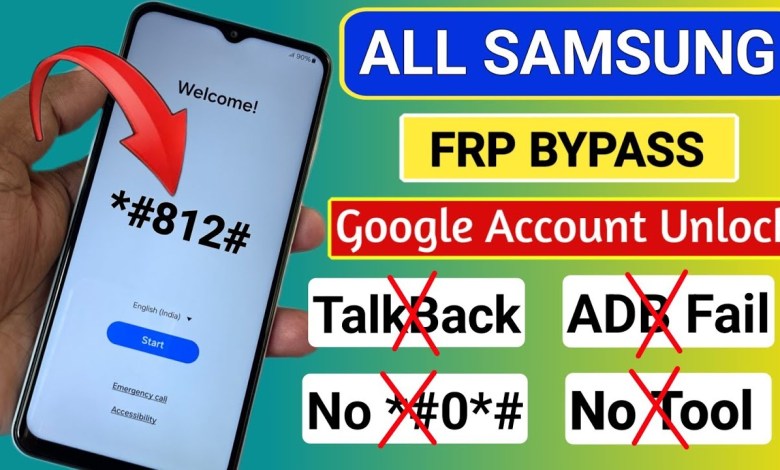Curious about Samsung Frp Bypass? Check out this No Need Samsung Frp Bypass 2024 Android!

No Need – *#0*# Samsung Frp Bypass 2024 Android 12-13-14 || Samsung Frp Removal New Security 2024
The Power of Music: How It Influences Our Emotions and Behavior
Music has been a part of human culture for centuries, serving as a source of entertainment, expression, and artistic creation. From the earliest days of drum beats and chants to the complex compositions of classical music and modern pop songs, music has the ability to evoke emotions and impact our behavior in profound ways. In this article, we will explore the psychological effects of music on our minds and bodies, and how it can shape our experiences and perceptions.
The Emotional Impact of Music
One of the most powerful aspects of music is its ability to evoke emotions within us. Whether it’s a melancholy piano melody or an upbeat dance track, music has the power to make us feel joy, sadness, excitement, or nostalgia. Research has shown that music can activate the same areas of the brain associated with emotions, such as the amygdala and nucleus accumbens, leading to the release of neurotransmitters like dopamine and serotonin that influence our mood and feelings.
For example, listening to a sad song may trigger feelings of empathy and sorrow, while a fast-paced tune can energize and motivate us. Music therapy is a growing field that utilizes the emotional effects of music to help individuals with mental health issues, trauma, and physical ailments. Music has the ability to soothe our minds, lift our spirits, and bring us together in moments of celebration and unity.
The Behavioral Influence of Music
In addition to its emotional impact, music can also influence our behavior in subtle ways. Advertising agencies and filmmakers have long used music to create mood and atmosphere in commercials, movies, and television shows. The use of a catchy jingle or a dramatic orchestral score can enhance our perception of a product or scene, leading us to form positive associations and memories.
Music can also affect our physical movements and actions. Have you ever noticed how music can make you want to dance, exercise, or relax? The rhythm and tempo of a song can sync up with our heartbeat and breathing patterns, leading us to tap our feet, nod our heads, or sway to the music. This synchronization can create a sense of unity and connection with others, fostering social bonds and cooperation.
The Universal Language of Music
One of the most remarkable aspects of music is its ability to transcend cultural and linguistic barriers. While spoken languages may differ from country to country, music is a universal language that can communicate emotions and ideas without the need for words. Instruments like the guitar, piano, and drums are found in every corner of the globe, providing a common ground for musicians and listeners to connect and collaborate.
Music has the power to bring people together in times of joy and sorrow, creating a sense of community and belonging. Concerts, festivals, and music events are shared experiences that allow individuals to express themselves, connect with others, and celebrate the diversity of musical styles and genres. Whether it’s a classical symphony, a rock concert, or a folk festival, music has the ability to unite us in a shared love of sound and rhythm.
The Therapeutic Effects of Music
Music therapy is a holistic approach to healing that utilizes the emotional and behavioral effects of music to promote health and well-being. From patients recovering from surgery to individuals struggling with addiction or depression, music therapy can provide a safe and creative outlet for expression and self-discovery. By listening to or creating music, individuals can explore their emotions, process trauma, and develop coping skills to manage stress and anxiety.
Music therapy can take many forms, including listening to music, singing, playing instruments, and composing songs. Therapists work with clients to identify their goals and tailor music interventions to their unique needs and preferences. Research has shown that music therapy can improve mood, reduce pain, enhance cognitive function, and promote relaxation and sleep. The power of music to heal and comfort is a testament to its profound impact on the mind, body, and soul.
Conclusion
In conclusion, music is a powerful force that can evoke emotions, shape behavior, bridge cultural divides, and provide therapeutic benefits. Whether we’re listening to our favorite song on the radio, dancing at a concert, or singing in a choir, music has the ability to touch our hearts and souls in ways that words alone cannot. The next time you press play on your music player, take a moment to appreciate the beauty and complexity of the sounds that surround you, and the profound effects they have on your emotions and behavior.
#Samsung #Frp #Bypass #Android













